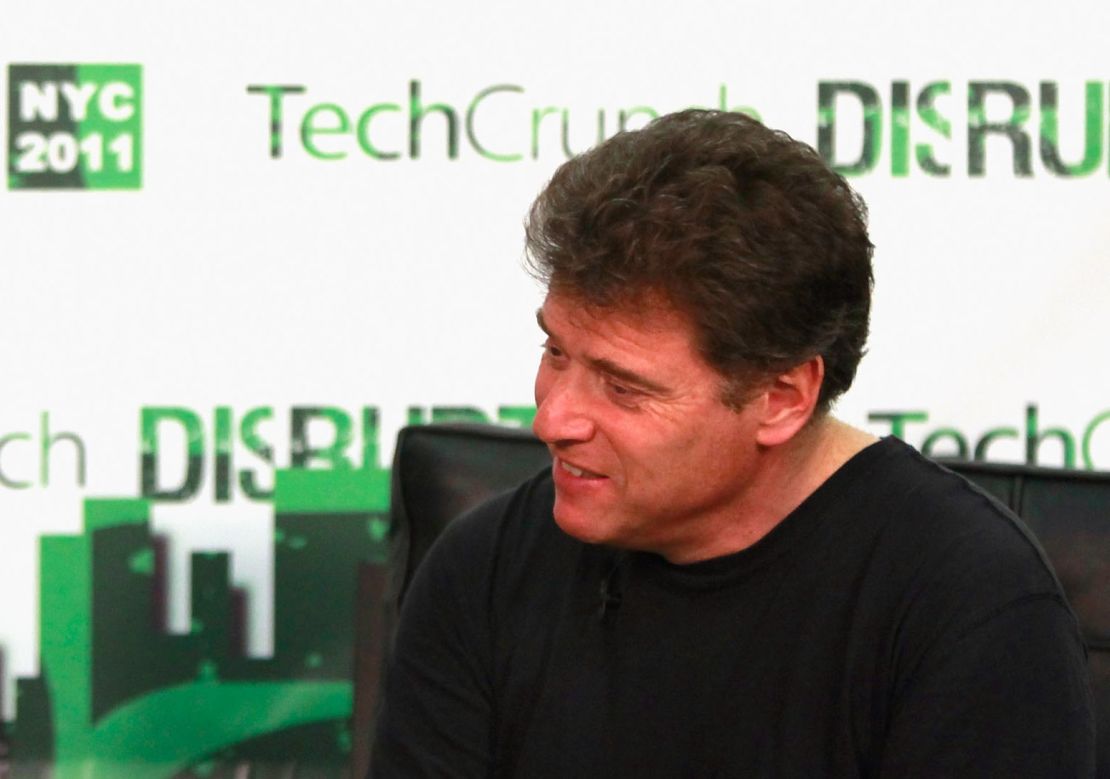Editor’s Note: Editor’s note: Andrew Keen is a British-American entrepreneur, professional skeptic and the author of “The Cult of the Amateur” and “Digital Vertigo.” Follow Andrew Keen on Twitter.
Story highlights
Snowden is stuck in the transit zone in Moscow, watched by Russian security services
Keen: Presumably it is his fate to be watched for the rest of his life wherever he ends up
Keen says we are with him, as we embrace devices that monitor all our activities
So where, exactly, is Edward Snowden? President Vladimir Putin knows. But Russia’s chief snooper isn’t telling. Not exactly, anyway.
The ex-KGB officer and master of doublespeak described Snowden as a “free man” ( biding his time in a “transit area” in Moscow’s Sheremetyo airport. So free, of course, that the young American ex-surveillance officer – watched around the clock by hawkish Russian security agents - has become as ubiquitously and transparently invisible as the brightly lit subject of a dystopian Kafka story.
Read more: How to hide your data from Internet
Snowden isn’t alone in his fate. The truth is that anyone who uses the Internet is also all in that brightly lit “transit area.” I’m afraid we are all in danger of becoming Edward Snowden now.

“Mr. Snowden really did fly into Moscow,” Putin said, with just the glimmer of a secret policeman’s smile. “For us it was completely unexpected.” Oh, yes, it must have been totally unexpected. So unexpected, indeed, that the area between passport control and the arrival gates in Sheremetyo airport has been transformed into a high security hotel designed to both shield Snowden from public view and to watch him.
Yes, Sheremetyo is beginning to mirror the Internet, a vast all-seeing digital panopticon, a network in which somebody might be watching everything we do, a place where individual privacy no longer exists. And Snowden’s fate – of being watched around the clock, of having zero privacy – could easily become all of our fates.
Opinion: In digital age, everyone is becoming a spook
Ironically, it’s Snowden himself who has most clearly revealed to us our fate. In secret National Security Agency (NSA) documents which Snowden gave to the Guardian newspaper, we now know that for more than two years, the Obama administration allowed the NSA, to continue – as the newspaper put it – “collecting vast amounts of records detailing the email and internet usage of Americans.”
Doublespeak isn’t, of course, unique to the Russian security apparatchik. The Americans are pretty skilled at it too. “I’m not going to say we’re not collecting any internet metadata,” thus one Obama Adminstration official told the Washington Post.
But, as the Guardian notes, the distinction between metadata and data is mostly semantic. The truth is that the NSA has been data-mining us all of us to death – Americans and foreigners alike – in their paranoid search for enemies of the American state. Last year I wrote a book warning about this and called it “Digital Vertigo” – in homage to Alfred Hitchcock’s nightmarish movie about a San Francisco private eye whose life is destroyed by both surveillance and voyeurism. Some people said I was exaggerating. Now they know I wasn’t.
By being able to read our emails and Internet usage, by harvesting over a trillion metadata records, the NSA knows absolutely everything about us. They know our tastes, what we think, where we go, what we eat, how we sleep, when we are angry, when we are sad. They have become our eyes and our brains. Hitchcock’s 20th century movie about surveillance and voyeurism really has become the truth about 21st century digital life.
More from Andrew Keen: Should we fear mind-reading future tech?
It’s almost as if the agents at the NSA have become as omniscient as Google or Facebook.
The really terrifying thing about Snowden’s revelations is the doublethink articulated by the Silicon Valley technology companies whose pipes and platforms have been hijacked by the snooping NSA bureaucrats. Google, Facebook and the rest all, of course, claim, in the sophisticatedly obtuse doublespeak of their lawyers, both ignorance and innocence about the NSA allegations.
But, as Techcrunch founder Mike Arrington notes, the truth about Silicon Valley’s complicity is this horror story is much murkier, much more like the dark transit area in Sheremetyo airport where Vladimir Putin’s spooks are monitoring Snowden’s every movement.
Silicon Valley’s fetish with radical transparency, with encouraging us to broadcasting everything we do and think, is destroying our privacy. And without privacy, I warn, our individuality, the very thing that defines us as unique human-beings, is fatally compromised.
Snowden’s fate, whether he ends up in Ecuador or Guantanamo or stays in Sheremetyo airport, is to be watched by spooks for the rest of his life. Snowden, the “free man” in Putin’s doublespeak, will never truly be alone again.
To avoid becoming Edward Snowden, we need to be much more critical of the invasiveness of Silicon Valley’s big data companies. We must recognize the creepiness of all-seeing location devices like Google Glass. Most of all, we need to remember that the Internet is never really private so our most intimate thoughts are best kept to ourselves.
Visibility is a trap. Remaining free in our digital age requires us to be alone. We have to teach the internet how to forget. We must build an off-switch to the internet, to reinvent it as a dark space, a place where nobody can know what anyone else is doing.
The opinions expressed in this commentary are solely those of Andrew Keen.





